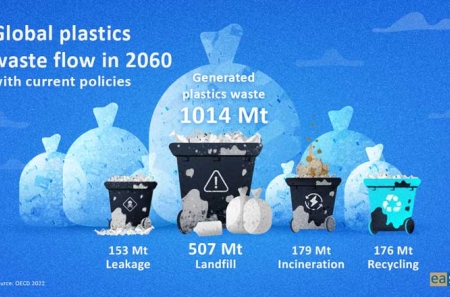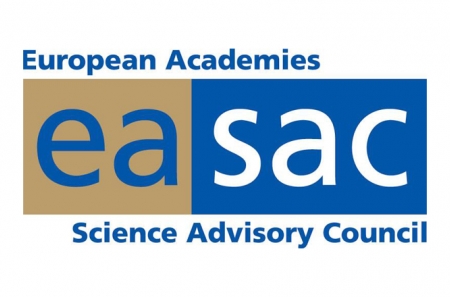
Dr. Sandra Collins: Open Access for Data
23 November 2013Dr. Sandra Collins is the Director of the Digital Repository of Ireland (DRI). She was appointed to this role in the Royal Irish Academy in 2011. She is also a Funded Investigator in the SFI-funded INSIGHT: Ireland's National Data Analytics Research Centre, and a Work Package Leader for the FP7 digital culture project Decipher. Dr. Collins was appointed as Chair of the ALLEA (all European Academies) international E-Humanities Working Group, and as a member of the Research Data Alliance (RDA) High Level Steering Forum and the Horizon 2020 Expert Advisory Group on European Research (e-) Infrastructures.
Open access for data is an initiative on a global scale. It faces challenges due to its relative novelty and the complexity of its implementation. It generally includes government data and publicly funded research data. The EU Digital Agenda encompasses both under public sector information, which it defines as ‘all the information that public bodies produce, collect or pay for. Examples include geographical information, statistics, weather data, data from publicly funded research projects, and digitised books from libraries’.
What does open access for data mean? Boldly, it means that certain data should be freely available for anyone to use and re-use without restrictions from copyright, patents or other mechanisms of control. Critical to incentivising data-sharing is proper acknowledgement. The advantages of opening up data for re-use include accelerated, enhanced discoveries; cost savings; re-use for education and cross-sectoral use; and research validation. Various studies quantify the return on sharing data (e.g. overall economic gains from opening up public sector information are estimated to be €40 billion per annum for the EU ). However, in my opinion, only valuing data, which can be commercially exploited does not capture the fuller societal and cultural value of data sharing.
There is a growing body of policy, which either mandates or encourages open access for data. An important example is the Obama administration’s Executive Order requiring that data generated by the government be made available in open, machine-readable formats, while appropriately safeguarding privacy, confidentiality and security. This policy is based on the declaration that ‘information is a valuable national asset whose value is multiplied when it is made easily accessible to the public’. The repercussions for citizen privacy should be factored into this argument.
In Europe, the situation is complex. The EU Commission has a legislative framework for public-sector information that covers written texts, databases, audio files and film fragments, but it does not apply to the educational, scientific, broadcasting and cultural sectors. European policy is sector specific (e.g. INSPIRE Directives for environmental data ), focuses on research publications or supports digitisation of cultural heritage via the development of Europeana. The EU Commission acknowledges that ‘significant differences in national rules and practices persist’, slowing progress. Its strategy is to adapt legal frameworks, soft law and policy to leverage funding instruments and to raise awareness and facilitate member state cooperation.
In 2012, the Irish government published the National Principles on Open Access Policy Statement. This statement was developed by the National Steering Committee on Open Access Policy, and while it primarily addresses research publications, it also states that ‘research data should be deposited whenever this is feasible, and linked to associated publications where this is appropriate’. The policy applies to publicly funded research outputs; Ireland does not currently have a policy regarding open government data. Much could be achieved with such policy and a central hub such as the UK initiative www.data.gov.uk
Policy alone is not sufficient to achieve a change in practice. Researchers have reasonable concerns regarding the re-use of their data, including a lack of credit and citation, the labour and cost required, and the risk of misuse or misinterpretation. What further steps are required to support and incentivise researchers to share their data? The answer is an ecosystem of interdependent actions at policy, system and service levels, including data training and sustained e-infrastructures to provide the needed services, standardised data-citation practices, and a progressive approach to licensing, copyright and data protection that accommodates the changing digital world. Incentives such as funding archiving costs, suitable metric development and acknowledgement in career progression would improve research practice.
Organisations such as the Research Data Alliance (globally) and the Digital Repository of Ireland (nationally), amongst many others, are working to put these supports and enabling services in place. What supports does your community need in order to share its data? Now is the time to proactively engage in the process in order to influence the development of policy and practice to achieve a systemic, responsible data-sharing society.
About This Series
In Autumn 2013, the Academy ran an ‘Open Access’ online opinion series driven by contributions from MRIA and staff. Each piece offered a different personal perspective on the opportunities and challenges brought about by developments in open access to the practice of research and scholarship. The series ran from 13 November to 23 November.



